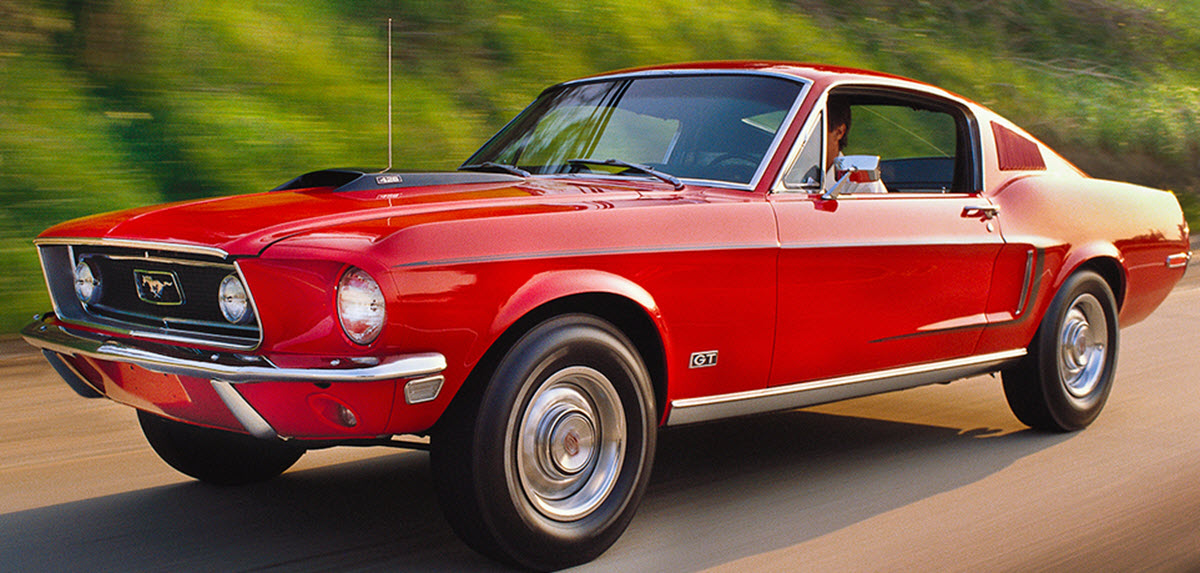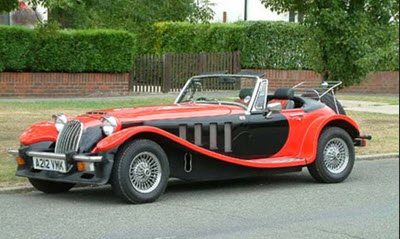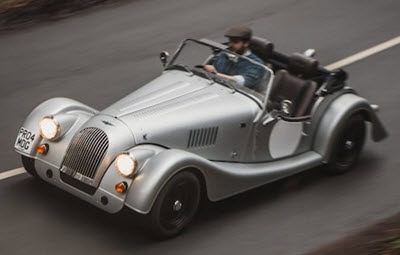
The term classic car is commonly used to describe old cars, but the opinion about which cars that can be considered classical cars and which ones that are simply old cars vary among car enthusiasts. Some consider all older cars to be classical, at least as long as they are in fine condition, while others regard only cars produced up until 1948 as true classical cars.

The Panther Rio is a cool looking classic cars that you can buy without breaking the bank. You should be able to find one for below USD 20 000. If you are unable to do so then we recommend you look for the more common Panther Lima. Panther is one of few cool cars that you can buy without having a lot of money in your bank account. Old Corvettes can as an example often sell for more than USD100 000. If you want to earn enough money to be able to own an expensive classic car, without breaking the law, then I recommend that you research binary options. Binary options give everyone the opportunity to earn high returns on the stock and forex markets. Be wary of scams and always chose a broker with a low minimum deposit. A small deposit is enough to make a lot of money if you skilled enough to choose the right options. If you are not then you want to minimize your loses and avoid depositing any more money to your account.
In some parts of the world a car that is deemed a classical car will fall under special legislation. A classical car can for instance benefit from laxer rules regarding emissions or safety, or be entitled to tax exemption. In such countries, there are naturally more stringent definitions of the term classical car. In the United States, certain old cars are for instance eligible for antique vehicle registration, and these cars are commonly referred to as classical cars or antique cars. The exact regulation varies from state to state. The state of Pennsylvania will, for instance, define a car eligible for antique vehicle registration as a “A motor vehicle, but not a reproduction thereof, manufactured at least 15 years prior to the current year which has been maintained in or restored to a condition which is substantially in conformity with manufacturer specifications and appearance.” In the state of Virginia, the car must instead be at least 25 years old to qualify.
In the United Kingdom, two tax regulations are of special interest for owners of o lder cars and many car enthusiasts have chosen to use a definition from one of these tax regulations to determine what they see as a true classic car. When it comes to company taxation, the government Revenue and Customs consider cars older than 15 years classical cars, provided that the value of the car exceeds £15,000. The second tax regulation states that all cars built prior to 1 January 1973 are exempt from the annual road tax vehicle excise duty. Some Britons will, therefore, consider all fairly expensive cars older than 15 years classical cars, while others feel that only cars built before 1973 are true classical cars.
lder cars and many car enthusiasts have chosen to use a definition from one of these tax regulations to determine what they see as a true classic car. When it comes to company taxation, the government Revenue and Customs consider cars older than 15 years classical cars, provided that the value of the car exceeds £15,000. The second tax regulation states that all cars built prior to 1 January 1973 are exempt from the annual road tax vehicle excise duty. Some Britons will, therefore, consider all fairly expensive cars older than 15 years classical cars, while others feel that only cars built before 1973 are true classical cars.
The Classic Car Club of America (CCCA) claims to have invented the term Classic car and has also developed their own definition of the word. To avoid confusion, the CCCA does however frequently use the term CCCA Classic Car or their trademark “Full Classic” instead of simply calling a car a classic car. “A CCCA Classic is a fine or distinctive automobile, either American or foreign built, produced between 1925 and 1948. Generally, a Classic was high-priced when new and was built in limited quantities. Other factors, including engine displacement, custom coachwork and luxury accessories, such as power brakes, power clutch, and “one-shot” or automatic lubrication systems, help determine whether a car is considered to be a Classic.” The Classic Car Club of America was founded in 1952 by car enthusiast interested in the grand automobiles produced during the pre-war era. During the early 1950s, existing organizations such as the Antique Automobile Club of America considered pre-war era cars as too modern to be of interest.